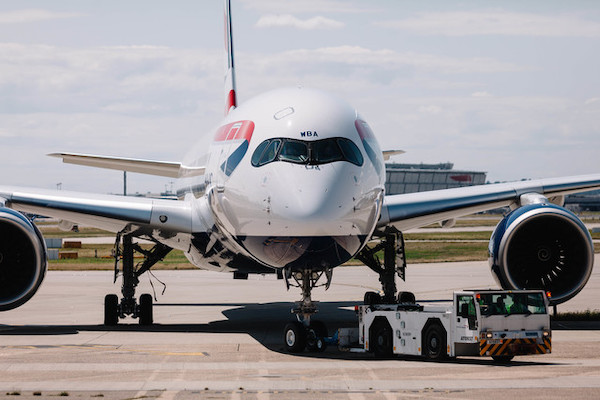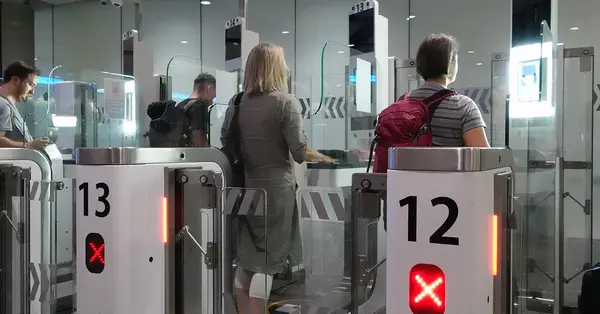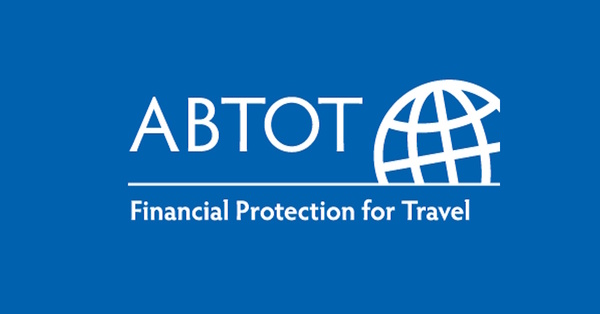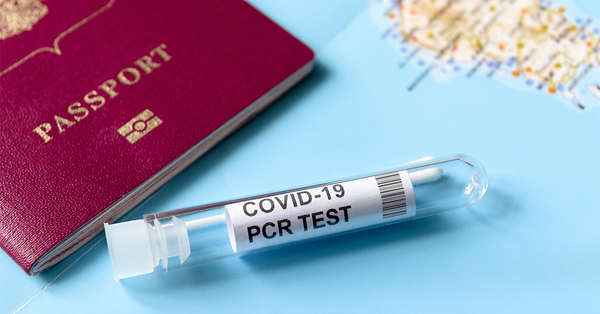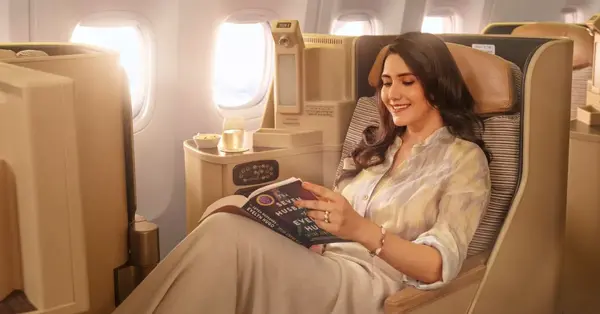You are viewing 2 of your 2 free articles
BA owner invests in sustainable aviation fuel initiative
British Airways’ parent company IAG is investing in a project to develop cost-effective sustainable aviation fuel (SAF) for commercial use in the UK.
The Project Speedbird initiative was initially created last year with £500,000 government backing for a feasibility study but the new agreement is designed to speed up the development work.
Once in operation, it would be the UK’s first SAF facility utilising agricultural and wood waste taken from sustainable sources, according to the airline.
BA is working with specialist partners Nova Pangaea Technologies and LanzaJet on the initiative.
Project Speedbird has now applied for the Department for Transport’s advanced fuels fund grant for additional support as part of the government’s Jet Zero strategy, which will require at least 10% of UK jet fuel to be SAF by 2030.
The BA project aims to transform agricultural and wood waste taken from sustainable sources into 102 million litres of SAF a year.
Construction could begin as early as next year and the facility, which is planned to be built in north-east England and is expected to be producing SAF by 2026, creating hundreds of jobs.
BA intends to use SAF produced through Project Speedbird to help power some of its flights.
The SAF produced would reduce CO2 emissions, by 230,000 tonnes a year on a “net lifecycle” basis, the equivalent emissions of approximately 26,000 BA domestic flights.
Project Speedbird has the potential to reduce CO2 emissions by up to 770,000 tonnes a year as the combined processes also produce renewable diesel and a material called biochar – a carbon-rich charcoal-like material left over after the agricultural and wood wastes have been processed.
BA sustainability director Carrie Harris said: “Project Speedbird is another great step towards our mission to reach net zero carbon emissions by 2050 or sooner and achieve our target of using SAF for 10% of our fuel by 2030.
“SAF is in high demand but in short supply across the globe and so it is essential that we scale up its production as quickly as possible.
“With further investment and continued government support, Speedbird will be a key and pioneering project in the production of SAF here in the UK.
“The biochar carbon removal opportunities are another important aspect of this impressive innovative project that can contribute to our net zero action.”
Nova Pangaea Technologies chief executive Sarah Ellerby added: “This project will deliver the first end-to-end, sustainable value chain from agricultural and wood waste to SAF in the UK.
“It will undoubtedly play a very important role in the growing momentum towards decarbonising our aviation sector.
“The support from British Airways is a vote of huge confidence in our technology and will accelerate its commercialisation.
“In July, the UK government announced its Jet Zero strategy signalling a SAF mandate of 10% of all UK flights to run on SAF by 2030.
“This agreement is another significant step towards meeting this mandate in the UK. Our aim is to help the UK become a global leader in the end-to-end SAF market, with consequent benefits to employment and business activity.”
Meanwhile, Gulf carrier Etihad Airways signed up to a plan to accelerate the decarbonisation of air transport by researching and producing SAF.

